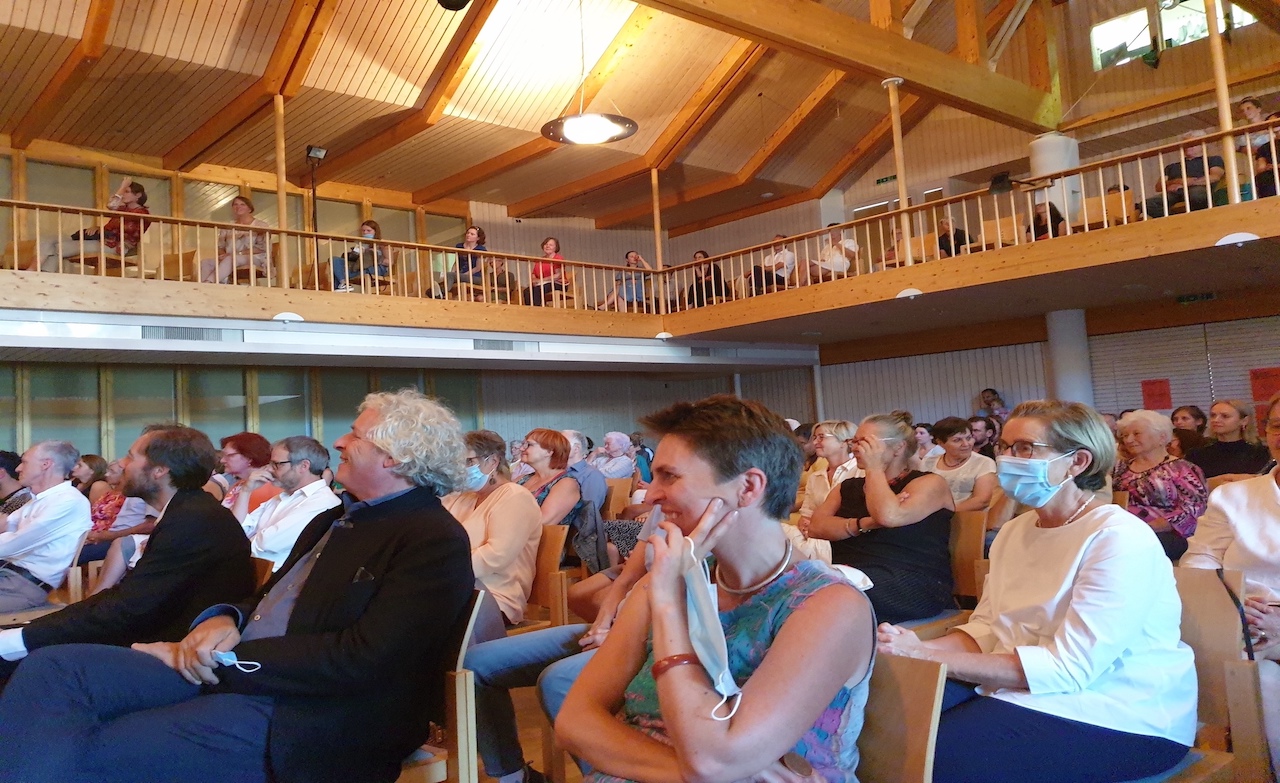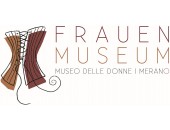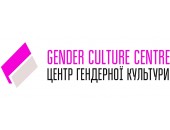
According to the “Study on Audience development”, audience development means placing the audience at the centre of cultural organizations and the European Commission defines it as follows:
“A strategic, dynamic and interactive process of making the arts widely accessible. It aims at engaging individuals and communities in experiencing, enjoying, participating in and valuing the arts through various means available today for cultural operators, from digital tools to volunteering, from co-creation to partnerships.
Audience Development can be understood in various ways, depending on its objectives and target groups:
- widening audiences (attracting audiences with the same socio-demographic profile as the current audience);
- deepening relationship with the audiences (enhancing the experience of the current audiences);
- diversifying audiences (attracting people with a different socio-demographic profile, including people with no previous contact with the arts).
In this framework, the Creative Europe Programme identifies audience development as one of the main components of the projects it co-funds and, therefore, the Birth Cultures project also implements a work strand specifically dedicated to this issue.
A two-day Birth Cultures Audience Development Training is organized for each of the project partners; the training is designed and led by Ms Cristina da Milano, president of ECCOM. On the 7th and 9th of December 2020, the training was done online for the Frauenmuseum Merano; in July for the Frauenmuseum Hittisau and in October for the Gender Museum Kharkiv. The training for la Bonne, in Barcelona, will take place in 2021.
The first day is devolved to introducing audience development as an element of an organisation’s strategy and the related methodologies, types of audiences and areas of intervention. The second day favors a hands-on approach with participants researching their publics, to understand who their audience is and which new targets they could reach out to. The results of this work allow them to segment their audiences and better tailor the participatory activities according to the audiences’ characteristics but in full respect of their organisation’s missions and objectives.
The training also considers the challenges posed by the COVID-19 pandemic, trying to identify what can be of use also in the future, as for example the digitalization of culture and services. The training is also useful in view of the Birth Culture’s travelling exhibition on the topic of birth and maternity.



